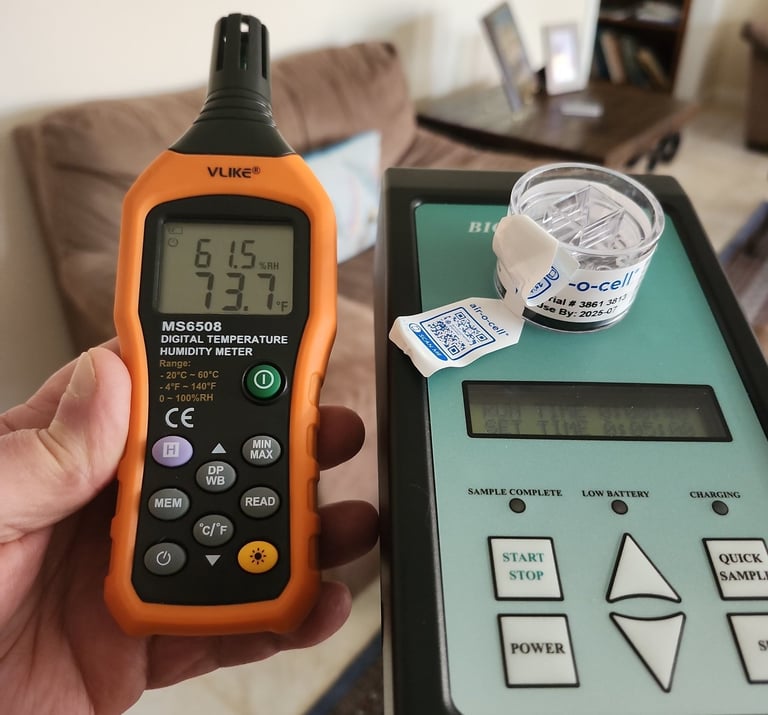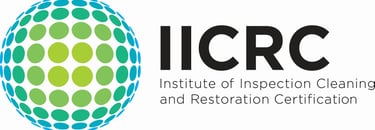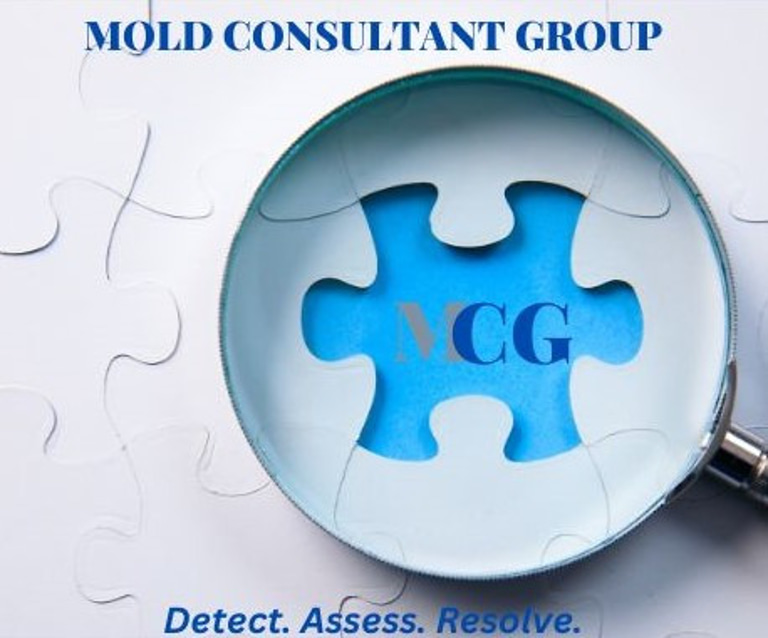Mold Testing & Assessments: Essential Info
Learn everything you need to know about mold testing, assessments, and protocols. Understand the importance of mold assessments and how to ensure a safe environment with proper mold protocols.
3/6/20252 min read


Mold Testing, Assessments & Protocols — What Texas Homeowners Need to Know
Whether you’re buying a home, managing a property, or dealing with visible mold, knowing how mold assessments and remediation protocols work is key to protecting your health and your investment.
At Mold Consultant Group, we provide licensed, science-based mold assessments and protocols for clients across Montgomery, The Woodlands, Spring, Conroe, Willis, Tomball, Magnolia, and Cypress. Here’s a breakdown of how mold testing works — and why it matters more than you might think.
🧪 Why Mold Testing Is Essential
Mold testing is often the first step in identifying a potential indoor mold issue. Here’s what it helps uncover:
Hidden Mold: Even without visible signs, mold may be growing behind walls, under floors, or in HVAC systems.
Mold Type Identification: Certified labs can determine whether the mold is allergenic, pathogenic, or toxic (e.g., black mold / Stachybotrys chartarum).
Indoor Air Quality Levels: Testing reveals if spore counts are above safe thresholds — especially important for those with asthma or allergies.
Real Estate Clarity: Pre-purchase or pre-sale mold assessments help ensure transparency in property transactions and prevent surprise repair costs.
🔍 What Is a Mold Assessment?
A mold assessment is a licensed evaluation of your home or building to determine the presence, type, and extent of mold. Our professional assessments include:
Visual Inspection: We check for staining, moisture intrusion, or active mold growth throughout the property.
Air and Surface Sampling: We collect lab-analyzed samples to identify spore types and concentrations.
Moisture Mapping: Using infrared cameras and moisture meters, we detect hidden water issues behind walls or ceilings.
Comprehensive Reporting: You receive a detailed, written report including findings, spore levels, and next steps for remediation.
📋 What Is a Mold Remediation Protocol?
When mold is confirmed, Texas law requires a written mold remediation protocol — developed by a licensed Mold Assessment Consultant — before licensed contractors can begin remediation.
This protocol outlines:
Scope of Work: Which areas are affected and how severe the contamination is.
Containment Measures: How mold spores will be isolated and prevented from spreading.
Safe Removal Procedures: What materials will be cleaned, treated, or removed, and how.
Post-Remediation Testing: Final sampling to confirm the area is mold-free.
Compliance Documentation: The protocol ensures the job meets Texas Mold Assessment and Remediation Rules (TMARR) and qualifies for a Certificate of Mold Damage Remediation (CMDR) when complete.
👷 When Should You Call a Mold Professional?
We recommend scheduling a mold assessment if:
You notice a persistent musty odor that won’t go away
You see visible mold growth, water stains, or warped walls
Anyone in the home experiences unexplained respiratory symptoms
You’re in the process of buying or selling a home and want peace of mind
You’ve had recent water damage, flooding, or plumbing leaks
📍 Serving Montgomery | The Woodlands | Spring | Conroe | Willis | Tomball | Magnolia | Cypress
📞 Need Mold Testing or a Professional Assessment?
Call 832-280-4747 or schedule online at www.moldconsultantgrp.com
Whether you’re dealing with a small patch of mold or planning a full remediation project, licensed testing and a proper protocol are the foundation for safe, successful cleanup.
Mold Consultant Group, LLC
Services
Contact
info@moldconsultantgrp.com
832-280-4747
© 2025. Mold Consultant Group All rights reserved.
Mold testing and identification
Mold assessments
Mold Protocols
Comparative remediation and repair estimates
CAD floor plans and measurements




